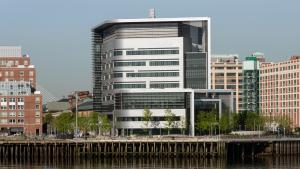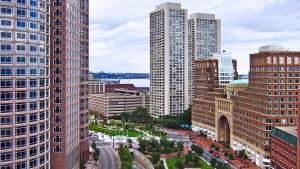Title
Amount awarded: $9,799,687
Text
The City of Boston’s Office of Workforce Development (OWD) is leading a large-scale collaborative initiative to develop and implement a Climate Ready Workforce Plan (CRWD) to help meet the objectives of formal city- and state-level climate action and coastal resilience plans.






